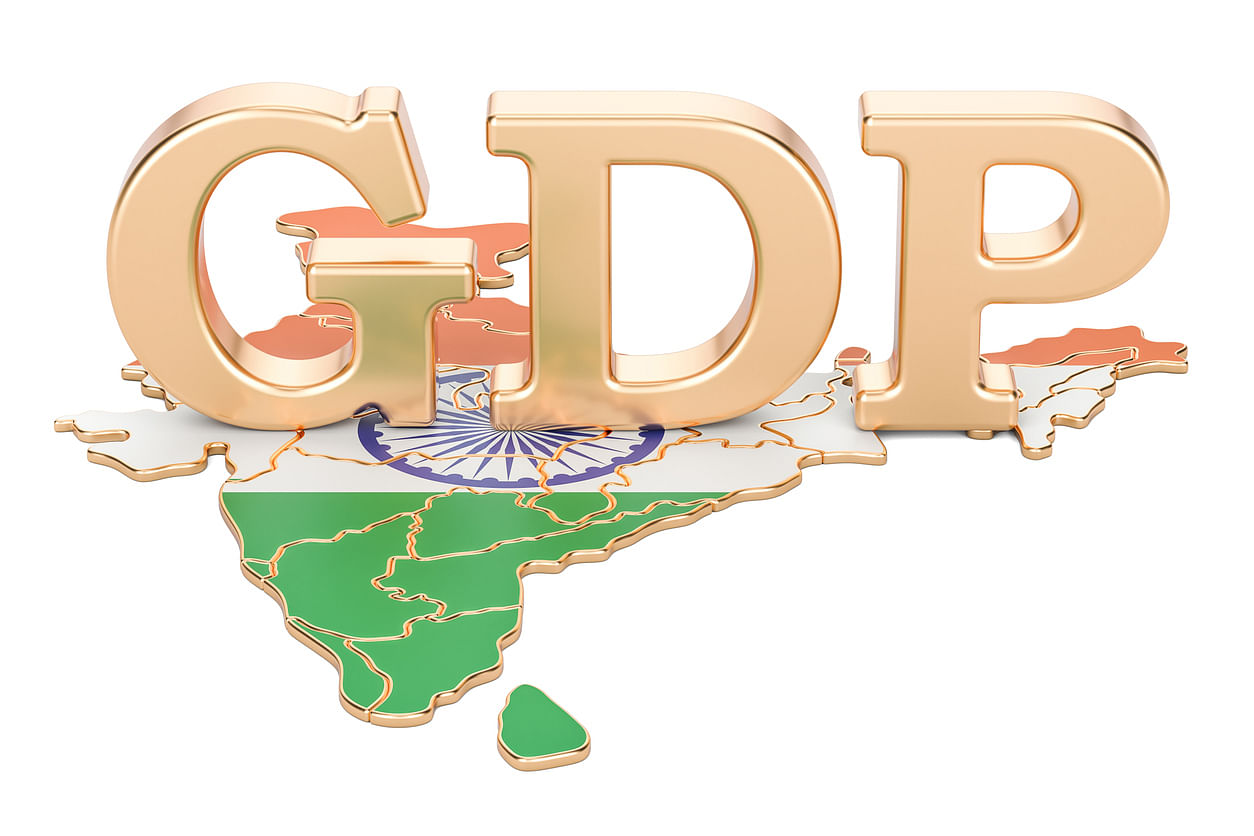
Bangladesh is set to beat India in per capita gross domestic product (GDP) in the calendar year 2020, says data from the IMF World Economic Outlook. Bangladesh’s per capita GDP in dollar terms is expected to grow 4% to $1,888 while India’s per capita GDP is expected to decline 10.5% to $1,877.
This will make India the third poorest country in South Asia, with only Pakistan and Nepal reporting lower per capita GDP than India.
Bangladesh, Bhutan, Sri Lanka, Nepal and Maldives will be ahead of India.
The IMF, however, has forecast a sharp economic recovery for India next year. That will likely push India's per capita GDP ahead of Bangladesh in 2021 by a whisker.
India's per capita GDP in dollar terms is likely to rise 8.2% in 2021, compared to 5.4% growth for Bangladesh.
The data shows India’s per capita GDP was nearly 40% higher than Bangladesh's until five years ago but Bangladesh's per capita grew at a compound annual rate of 9.1% compared to 3.2% growth reported by India during the period. Bangladesh has a fast growing export sector.
Amid the pandemic, IMF's Fiscal Monitor report urged policymakers to invest in job-creating projects like infrastructure and green energy.
Governments have injected a stunning $12 trillion into the global economy since the start of the pandemic, but now "many countries will need to do more with less, given increasingly tight budget constraints," according to Vitor Gaspar, head of the IMF's Fiscal Affairs Department.
He said policymakers should become more selective and avoid standing in the way of necessary sectoral reallocations as activity resumes.
"Support should shift gradually from protecting old jobs to getting people back to work," by reducing measures like wage subsidies in favour of training to give people skills to find new employment.
Steps like a broad tax cuts are "unlikely to be cost-effective" and would have limited impact on promoting growth and jobs, the report said.
A better alternative would be to accelerate job-intensive public investments such as maintenance or public works.
